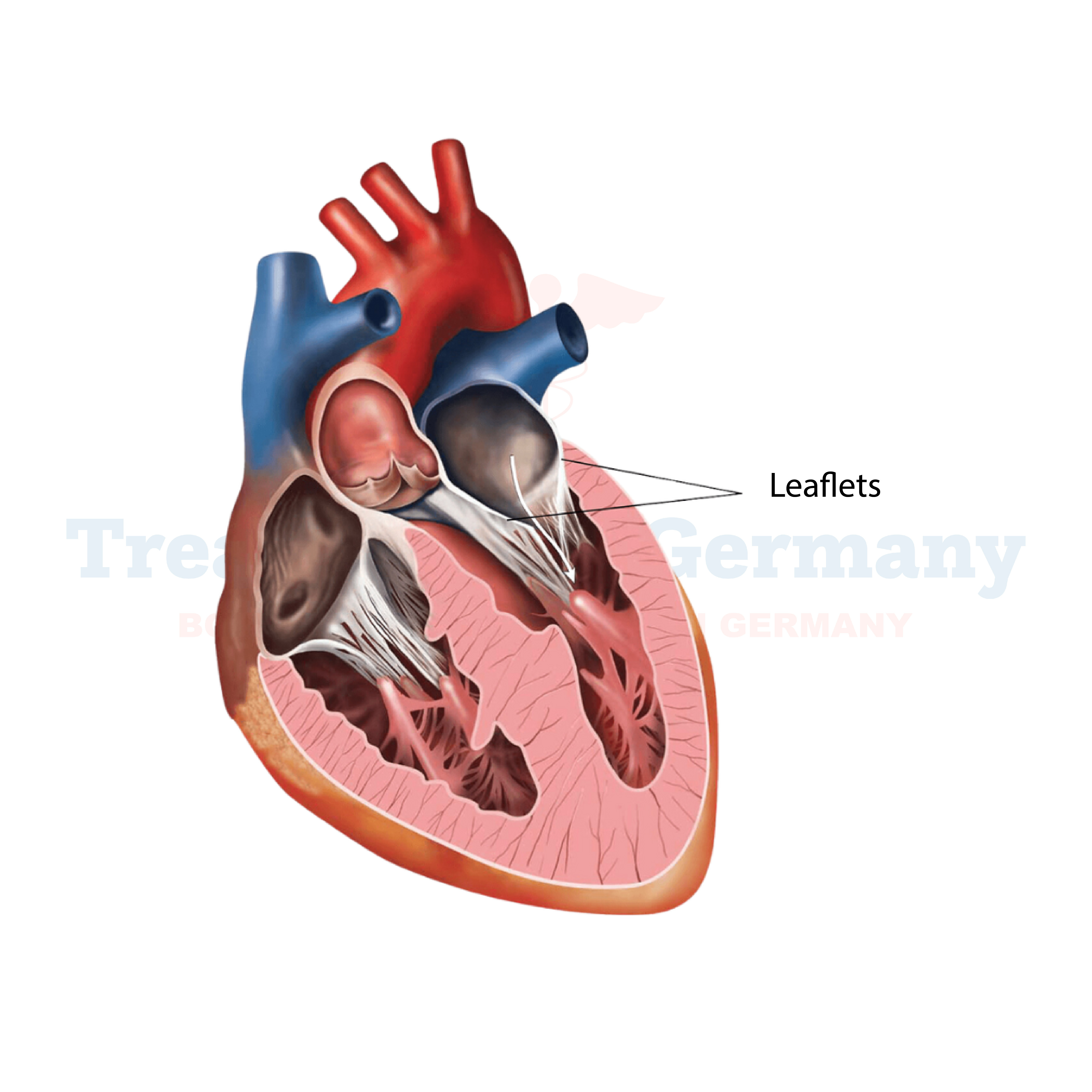What is Mitral Regurgitation:
Mitral Regurgitation is a heart condition characterized by the improper closing of the mitral valve, which separates the heart's left atrium and left ventricle. This malfunction allows blood to flow backward into the left atrium when the left ventricle contracts, rather than forward into the body as it should. Over time, this can lead to various complications and symptoms.
Side effects of Mitral Regurgitation:
Mitral Regurgitation can manifest with a range of symptoms, including:
- Shortness of breath, especially during physical activity or when lying flat
- Fatigue or weakness
- Irregular heartbeat or palpitations
- Swelling in the ankles or feet
- Persistent cough, sometimes accompanied by pink or blood-tinged sputum
- Heart murmur, detected during a physical examination
These symptoms may worsen gradually, impacting daily life and overall well-being if left untreated.
How is Mitral Regurgitation diagnosed?:
Diagnosing Mitral Regurgitation typically involves a combination of medical history review, physical examination, and diagnostic tests. Your healthcare provider may:
- Listen to your heart for abnormal sounds, such as a heart murmur, using a stethoscope.
- Conduct imaging tests such as echocardiography, which uses sound waves to create detailed images of the heart structure and function. This helps assess the severity of the regurgitation and its impact on the heart.
- Perform additional tests like electrocardiogram (ECG) or cardiac MRI to evaluate heart rhythm and detect any underlying heart conditions contributing to Mitral Regurgitation.
Potential treatments of Mitral Regurgitation:
The appropriate treatment for Mitral Regurgitation depends on its severity, symptoms, and individual patient factors. Treatment options may include:
- Medications: Certain medications, such as diuretics or ACE inhibitors, can help manage symptoms and reduce the workload on the heart.
- Lifestyle modifications: Adopting a heart-healthy lifestyle, including regular exercise, a balanced diet low in sodium and saturated fats, smoking cessation, and stress management, can help improve heart function and alleviate symptoms.
- Mitral Valve Repair or Replacement: For severe cases of Mitral Regurgitation, surgical intervention may be necessary to repair or replace the malfunctioning mitral valve. Minimally invasive techniques may be available, depending on the patient's condition and preference.
- Transcatheter Mitral Valve Repair (TMVR): In some cases, TMVR procedures may be an option for patients who are not suitable candidates for traditional surgery. These minimally invasive procedures involve repairing the mitral valve using catheter-based techniques, reducing recovery time and risks associated with open-heart surgery.
👉 Contact us for further information and receive acomplimentary consultation.


.webp)
 (1).webp)

.webp)
 (1).webp)


.webp)
 (1).webp)

.webp)
 (1).webp)
